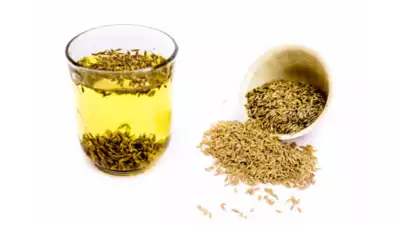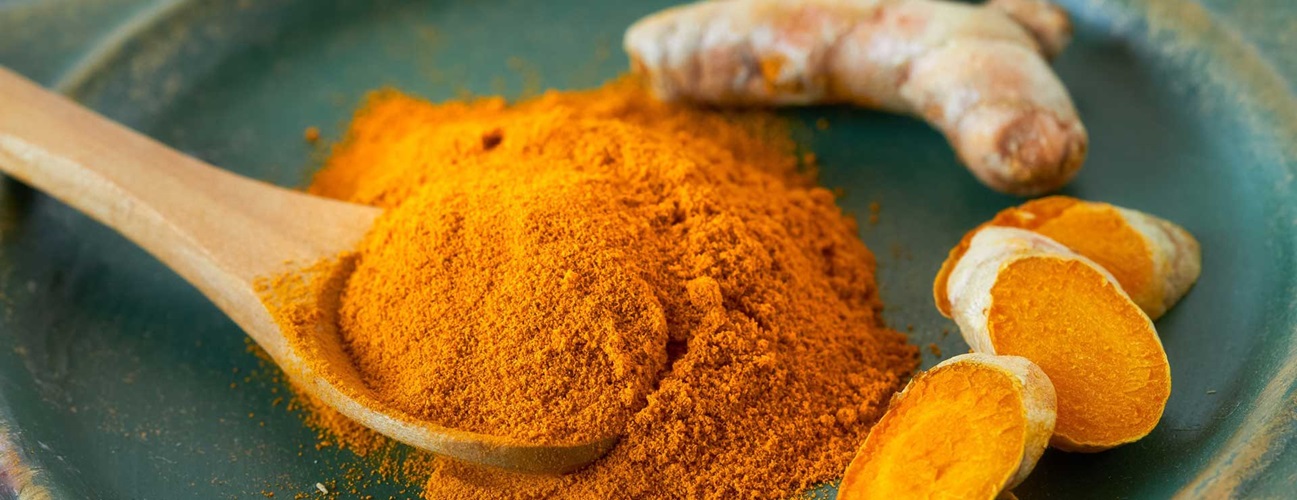Jeera (cumin) is a powerhouse of nutrients, widely known for its digestive, anti-inflammatory, and metabolism-boosting properties. But when it comes to consumption, is chewing raw jeera better than drinking jeera water? Let’s break it down.
Chewing Jeera: Pros & Cons
✅ Aids Digestion – The direct chewing of cumin seeds stimulates digestive enzymes, helping with bloating and acidity.
✅ Enhances Nutrient Absorption – Raw jeera is packed with iron, fiber, and antioxidants, which support gut health and immunity.
✅ Boosts Oral Health – Chewing jeera can reduce bad breath and fight oral bacteria.
❌ Bitter Taste – Raw jeera has a strong, slightly bitter taste that some may find unpleasant.
❌ Harder to Digest in Large Quantities – Whole seeds take longer to break down in the body.
Drinking Jeera Water: Pros & Cons
✅ Hydrates & Detoxifies – Jeera-infused water flushes out toxins, keeping your system hydrated and aiding in weight loss.
✅ Easier on Digestion – The soaked seeds release essential compounds, making it easier to absorb nutrients.
✅ Boosts Metabolism – Jeera water is known to speed up metabolism, helping with fat loss and improved energy levels.
❌ Nutrient Loss – Some fiber content is lost when straining jeera water.
❌ Mild Taste – While easier to consume, some may find jeera water too bland.
Which is Healthier?
Both methods have unique benefits, but jeera water is generally more effective for detoxification and hydration, while chewing jeera provides more fiber and oral health benefits. If you want better digestion and metabolism, drinking jeera water on an empty stomach is ideal. However, if you’re looking for quick relief from bloating or acidity, chewing raw jeera is the way to go.
Would you like additional tips on how to prepare jeera water for maximum benefits? 😊




